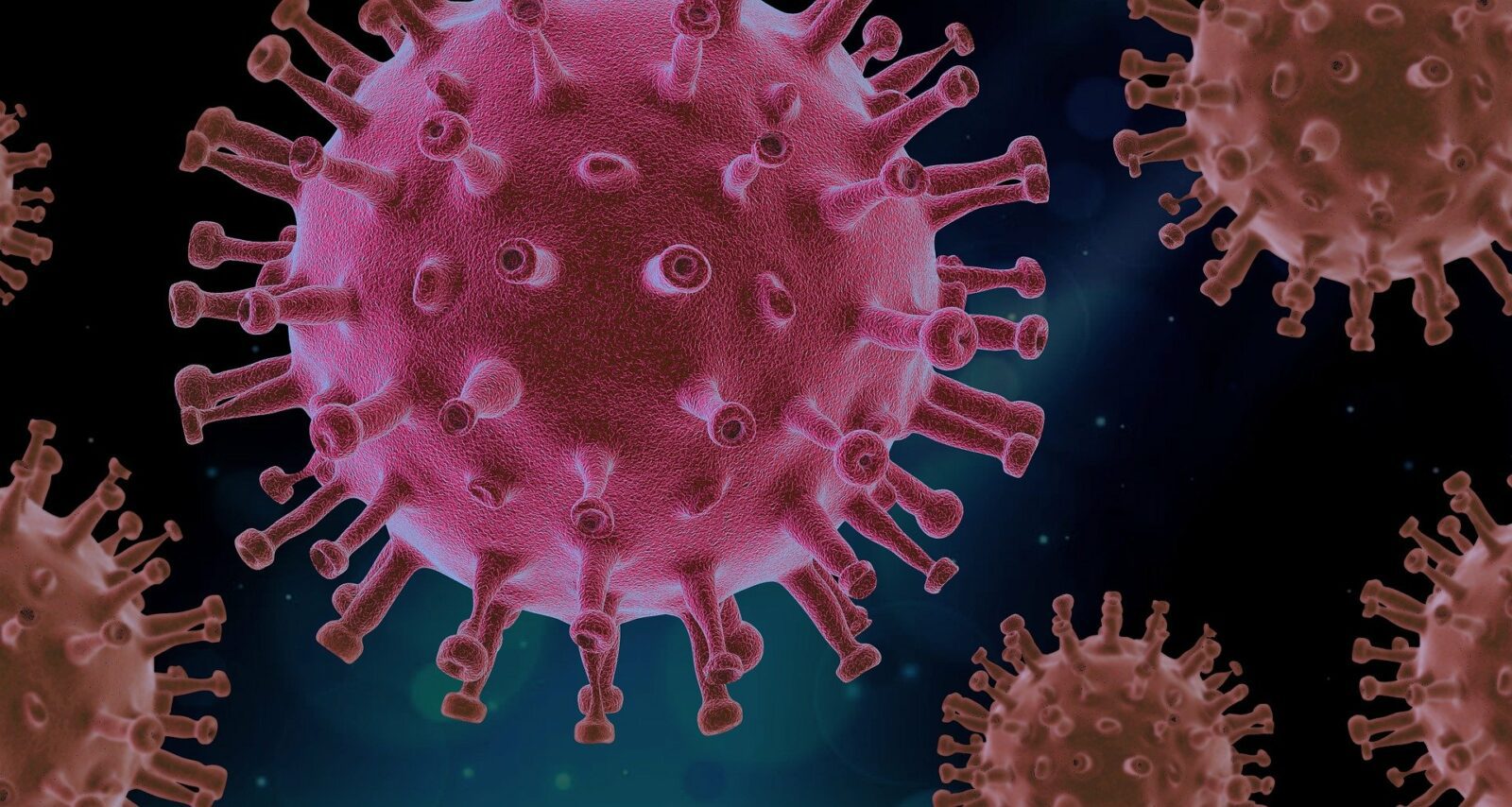The Centers for Disease Control and Prevention has released a new official recommendation for people who have a weakened immune system: the third dose of an mRNA vaccine is advised. Based on the official data, around 7 million Americans (2.7% of the adults in the United States) have the option to get the third dose of Pfizer or Moderna in order to increase their protection.
“COVID-19 disease in immunocompromised people is an important public health problem. The anticipated desirable effects of an additional dose of mRNA vaccine are large, and undesirable effects expected to be minimal, favoring the intervention,” declared CDC medical officer, Dr Kathleen Dooling. People with a weakened immune system are at higher risk of suffering a severe form of COVID-19 if they are infected with the virus, and they are more likely to infect others around them.
In order to receive the third dose of an mRNA, you need to have one of the following conditions: HIV infection in an advanced form, a severe or moderate primary immunodeficiency, receiving cancer treatment for blood cancers or tumors or receiving treatment with drugs that can affect your immune response such as corticosteroids in a high dose. Moreover, those who have received an organ transplant or a stem cell transplant and take medicine that suppresses the immune system also qualify for the third shot.
The CDC guidelines also make it clear that only adults over the age of 18 can receive their third Moderna vaccine, while Pfizer remains available for everyone over the age of 12. It is recommended to get a third dose of the same type as the previous two. However, if that is not possible, getting an extra dose of the other mRNA vaccine is also acceptable.













Leave a Reply